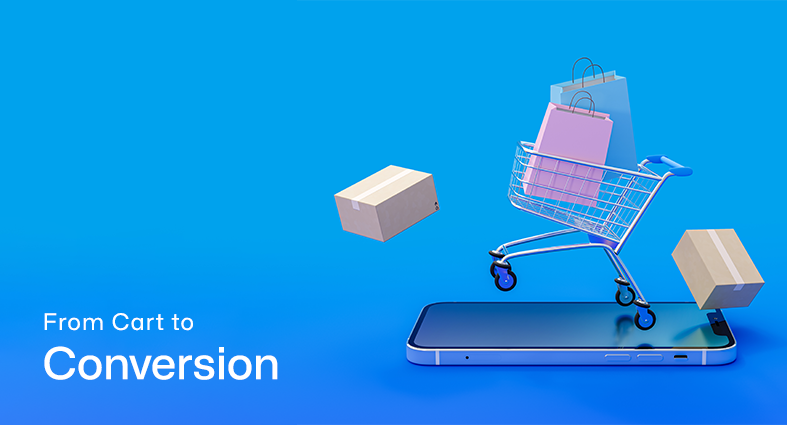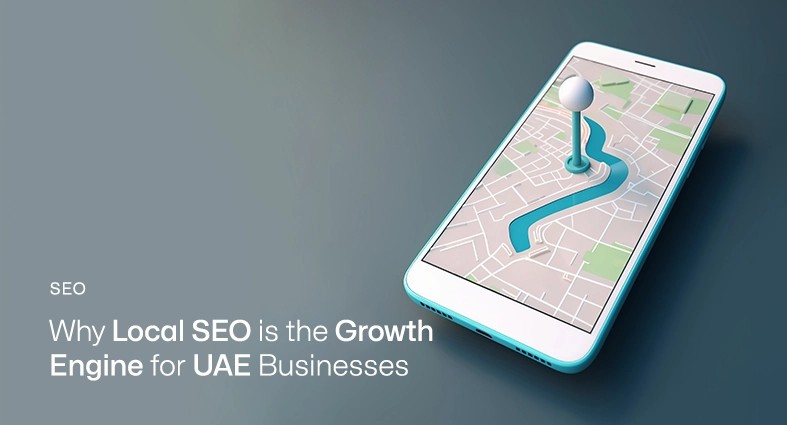E-commerce is a fast-growing industry, with online sales expected to reach over $4.9 trillion by 2025. As more and more people shop online, businesses need to have a strong online presence to remain competitive. This is where e-commerce web development comes into play. E-commerce web development involves creating websites that are specifically designed to sell products and services online. It is a complex process that requires a deep understanding of various technologies and programming languages. However, with the right approach and strategies, businesses can master the art of e-commerce web development to unlock their full potential for online success.
In this blog, we’ll explore the world of e-commerce web development, including its definition, and why it’s important for online stores.
Definition of E-commerce Web Development
Before diving into the details of e-commerce web development, it’s important to understand the basics. The e-commerce development refers to the process of creating an online store that allows businesses to sell products and services over the Internet. E-commerce websites come in various shapes and sizes, from small businesses selling a few products to large online retailers selling thousands of products.
It is essential for any business that wants to sell products or services online. A well-designed and functional online store can increase sales, improve customer loyalty, and enhance brand awareness. In contrast, a poorly designed website can turn potential customers away, resulting in lost sales and negative reviews. With so much competition in the e-commerce space, it’s critical to invest in your website’s development to stand out from the crowd.
Key Considerations for E-commerce Web Development
E-commerce web development is a critical process that involves designing and building an online store to facilitate the buying and selling of products and services. Developing a successful e-commerce website requires careful planning, thoughtful execution, and a deep understanding of the target market. In this section, we will discuss the key considerations that you need to keep in mind while developing an e-commerce website.
Choosing the Right E-commerce Platform
The first step in developing an e-commerce website is to choose the right e-commerce platform. There are several e-commerce platforms available in the market, such as WooCommerce, Magento, Shopify, and BigCommerce, each with its strengths and weaknesses. You need to select an e-commerce platform that aligns with your business goals, budget, and technical requirements.
Creating a User-friendly Interface
Creating a user-friendly interface is crucial for the success of an e-commerce website. Your website’s interface should be easy to navigate and visually appealing, providing a seamless user experience. You should consider factors such as color scheme, typography, layout, and images to create an interface that is both aesthetically pleasing and user-friendly.
Customizing Your E-commerce Website
Customizing your e-commerce website is essential to stand out from your competitors and offer unique features to your customers. You should work with an experienced e-commerce developer who can help you customize your website according to your business requirements. This includes developing custom themes, plugins, and extensions to enhance the functionality and user experience of your website.
Ensuring Responsive Design
Nowadays, more people are using mobile devices to access the internet than ever before. Therefore, it is critical to ensure that your e-commerce website is mobile-friendly and has a responsive design. Responsive design ensures that your website adapts to different screen sizes, ensuring that your customers can access your website on any device.
Implementing Effective Search and Navigation
Effective search and navigation are critical components of an e-commerce website. Your website’s search functionality should be robust and accurate, allowing customers to find products easily. Navigation should be intuitive, enabling customers to browse and purchase products with ease.
Securing Your E-commerce Website
Security is a top concern for e-commerce websites. You need to ensure that your website is secure and protects customer data from cyber threats. You can implement measures such as SSL certificates, two-factor authentication, and regular security updates to keep your website secure.
E-commerce Development Services
E-commerce web development services are an essential part of online businesses. With the rise of online shopping, e-commerce websites have become more prevalent than ever. There is a need for web development services that can cater to the requirements of online businesses. Here are some of the e-commerce web development services that can help businesses improve their online presence:
E-commerce Website Design
The design of an e-commerce website plays a significant role in attracting and retaining customers. A well-designed e-commerce website should be visually appealing, easy to navigate, and user-friendly. It should also be optimized for mobile devices since many customers prefer shopping on their smartphones. A professional e-commerce web development service provider can create a custom design that meets the business’s needs and caters to the target audience.
Custom E-commerce Development
Off-the-shelf e-commerce platforms such as Shopify and WooCommerce offer a lot of features, but they may not cater to all the specific requirements of a business. Custom e-commerce development involves developing an online store from scratch, tailored to the specific needs of the business. Custom e-commerce development allows businesses to have complete control over their online store, from the design to the functionality, and it can lead to better performance and a unique user experience.
Integration and Migration
E-commerce integration involves integrating an online store with other software applications such as inventory management systems, accounting software, or CRM software. Integration can streamline business operations and increase efficiency. E-commerce migration, on the other hand, involves transferring data from one e-commerce platform to another. It can be a challenging process, but it is essential for businesses that are looking to upgrade their e-commerce platform or move to a new platform.
Maintenance and Support
Maintaining an e-commerce website can be a complex task that requires regular updates, security patches, and bug fixes. E-commerce maintenance services ensure that the website is always up-to-date, secure, and optimized for performance. The e-commerce support services provide businesses with technical support, training, and assistance in case of any issues or problems.
E-commerce Solutions and Platforms
When it comes to creating an e-commerce website, businesses have two main options: using an e-commerce platform or custom e-commerce development. E-commerce platforms, such as Shopify, WooCommerce, and Magento, offer pre-built solutions that allow businesses to quickly and easily set up an online store. Custom e-commerce development, on the other hand, involves building an e-commerce website from scratch to meet specific business requirements.
Conclusion
E-commerce web development plays a vital role in the success of online stores. Choosing the right e-commerce platform, creating a user-friendly interface, customizing the website, ensuring responsive design, implementing effective search and navigation, and securing the website are all crucial factors to consider in e-commerce web development. It’s important to focus on user experience, keep it simple, stay up-to-date with the latest trends, and test and iterate regularly to ensure that the e-commerce website is providing the best possible experience for customers.
With the help of e-commerce web development best practices, businesses can create a successful online store that generates revenue and satisfies customers. At Pentagon, we specialize in e-commerce development services in Abu Dhabi and can help businesses achieve their goals. Contact us today to learn more.
Importance of Custom Web Design | Latest Web Design Trends | Best Practices for Stunning Websites | Top UI/UX Design Tools | Web Accessibility Made Easy | Typography in website designs
services
Feel free to send us a message.
Please, share your thoughts, and let's chat over a cup of tea.


















